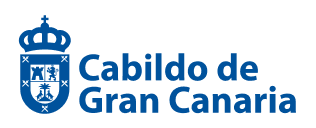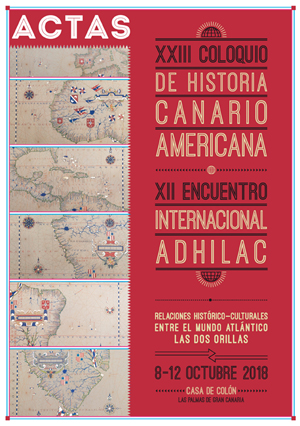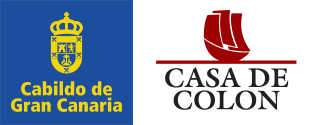Identidades afrodescendientes en el retrato familiar: un recorrido por la cultura visual transatlántica del siglo XVII-XVIII / Afro-descendant identities in the family portrait: an itinerary through transatlantic visual culture of the eighteen century
Resumen
La propuesta analiza la construcción de identidades afrodescendientes en la cultura visual transatlántica del s. XVIII. Específicamente se remarca la importancia del retrato como agente cultural implicado en la formación de identidades colectivas dada su capacidad de sintetizar discursividades complejas en las que se entrecruzan múltiples vectores de alteridad. Para ello se pone el foco de análisis en los procesos de percepción social de las diferencias subyacentes a la visualidad barroca teniendo en cuenta las significaciones, usos simbólicos y dimensiones sociales contenidas en los retratos propuestos. En cuanto a la dimensión geográfica se remarca la especificidad del Atlántico como espacio de intercambio cultural y de ideas entre América, África y Europa y en el que Canarias adquiere una especificidad y marcado protagonismo.
The following article discusses the construction of afrodescendant identities in the transatlantic visual culture of the eighteen century. Specifically, the importance of portraiture as a cultural agent involved in the formation of collective identities is highlighted given its ability to synthesize complex discourses in which multiple vectors of alterity intersect. To this end, the focus of analysis is placed on the processes of social perception of the underlying differences in baroque visuality, taking into account the meanings, symbolic uses and social dimensions contained in the proposed portraits. In terms of the geographical dimension, the specificity of the Atlantic is highlighted as a space for cultural exchange and ideas between America, Africa and Europe and in which the Canary Islands acquire a specificity and marked prominence.




